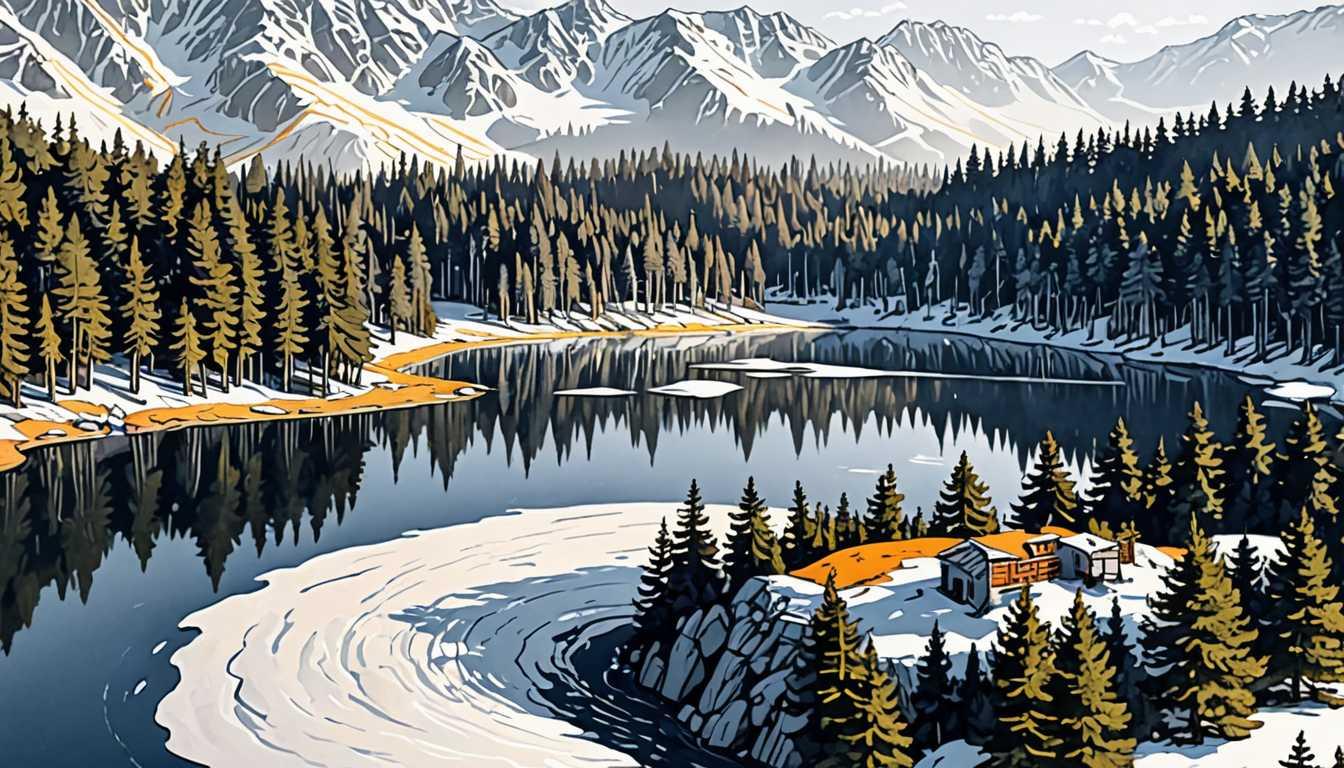Wetlands: A Second Chance?
February 2023
Stanford University
Introduction
Dive into a Stanford-led revelation: Global wetland losses aren't as dire as once thought, but don't jump for joy just yet! This study, featured in Nature, uncovers that while the world has seen significant regional wetland declines (with the U.S. leading the pack), the overall global figures have been overestimated. With insights from historical records across 154 countries, researchers offer a fresh perspective on our aquatic allies' plight. Wetlands, our natural water purifiers and carbon storers, still face threats, urging a call to action for their protection and restoration. Ready to explore how we've been given a second chance to save these ecosystems? Let's wade in!
READ FULL ARTICLEWhy It Matters
Discover how this topic shapes your world and future
Wetlands - The Unsung Heroes of Our Planet
Imagine a world where your local park not only provides a place for you to play and relax but also cleans the water you drink, reduces the risk of flooding in your neighborhood, and acts like a giant sponge that soaks up harmful carbon dioxide from the air. That's pretty much what wetlands do for our planet! The recent study led by Stanford University reveals a twist in the tale of global wetland loss, suggesting that while the situation is still critical, it might not be as dire as previously thought. This discovery is crucial because it underscores the importance of wetlands in supporting human health, combating climate change, and preserving biodiversity. For you, this means a chance to understand and contribute to preserving these vital ecosystems that are often overlooked but are essential for our survival and the health of our planet.
Speak like a Scholar
Ecosystem
A community of living organisms and their physical environment interacting as a system. Think of it as a big, interconnected web of life where everything has its role.
Biodiversity
The variety of life in the world or in a particular habitat. It's like having a huge variety of different books in a library, each telling a unique story.
Carbon sequestration
The process of capturing and storing atmospheric carbon dioxide. It's like trapping a troublemaker in a game of tag so they can't cause more chaos.
Methane emission
The release of methane, a potent greenhouse gas, into the atmosphere. Imagine cows burping out a gas that warms the planet more than carbon dioxide.
Conservation
The act of protecting and preserving natural resources and the environment. It's like being a superhero for the planet, defending it against harm.
Restoration
The process of returning a damaged or degraded habitat or ecosystem to its original condition. Picture fixing a broken toy so it's as good as new, but for nature.
Independent Research Ideas
The role of wetlands in urban environments
Investigate how urban wetlands can improve water quality, enhance biodiversity, and provide recreational spaces in cities. It's fascinating to see nature thrive amidst skyscrapers and busy streets.
Wetlands and climate change
Explore how wetlands act as carbon sinks, soaking up carbon dioxide, and how their destruction contributes to global warming. This could be a game-changer in our fight against climate change.
Indigenous knowledge and wetland conservation
Study how indigenous communities manage and protect wetlands based on traditional knowledge. There's so much wisdom to uncover from those who've lived in harmony with nature for centuries.
The impact of agriculture on wetlands
Examine the effects of farming practices on wetland health, including water quality and biodiversity. It's a critical look at how our food choices ripple through ecosystems.
Wetlands as natural solutions to disaster risk reduction
Research how restoring and conserving wetlands can reduce the impact of natural disasters like floods and hurricanes. Nature's own defense system is more sophisticated than we might think.
Related Articles

Forests Fight Back: A Carbon Conundrum
March 2023
University of Bristol

Seaweed: The Ocean's Green Guardian
January 2023
Popular Science

Ocean's Hidden Carbon Treasures Revealed
November 2021
Phys Org

Europe's Rivers: Breaking Free
May 2020
Phys Org

Tree Planting: A Hotter Arctic Surprise
November 2024
U of Cambridge Research